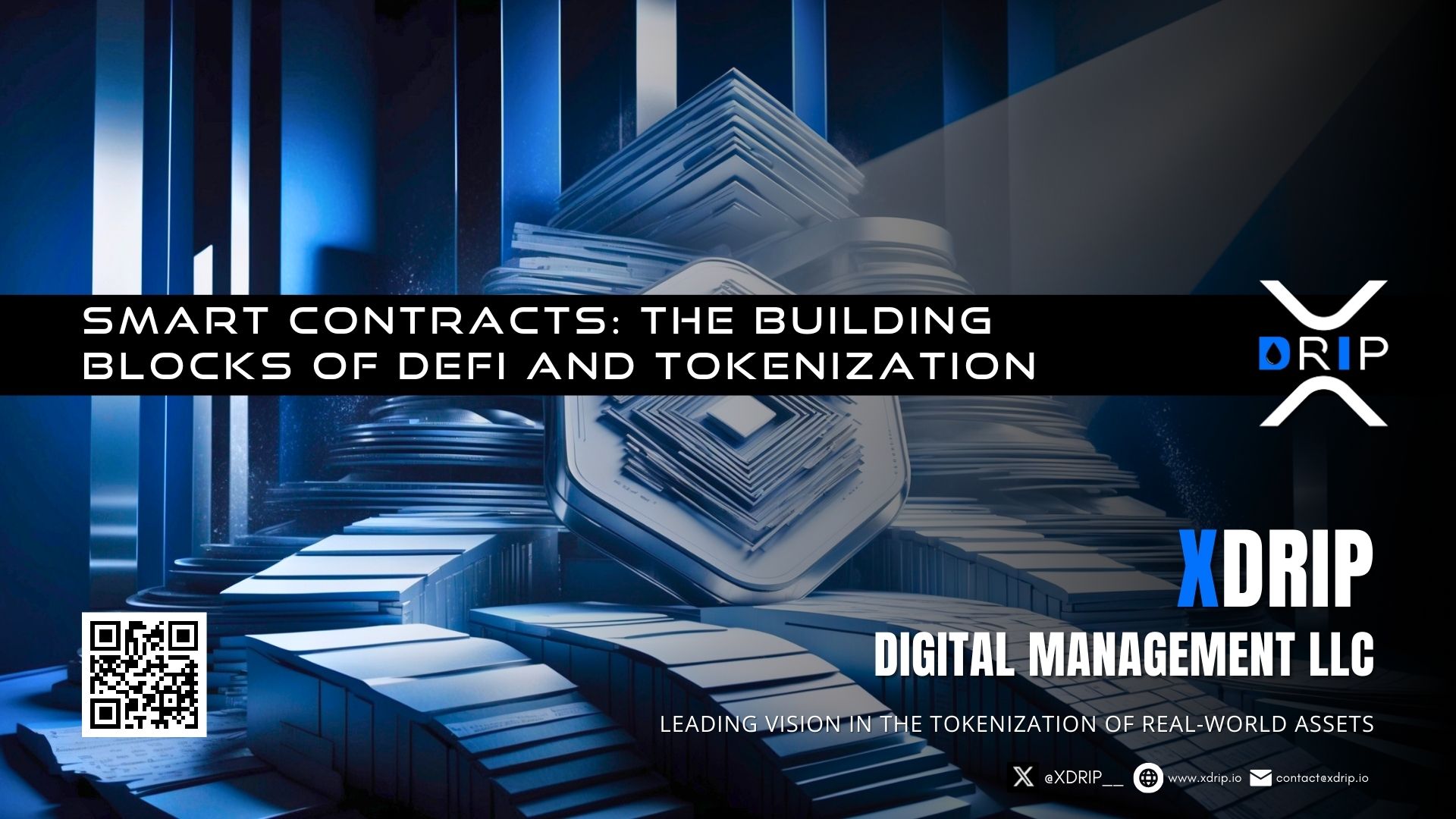What are Smart Contracts?
Smart contracts are self-executing contracts with the terms of the agreement directly written into lines of code. They automatically execute and enforce the terms of a contract when predefined conditions are met, without the need for intermediaries.
Key Characteristics of Smart Contracts
Automation: Smart contracts automatically execute transactions once the conditions are met, eliminating the need for manual intervention.
Security: They are secured by cryptographic algorithms, ensuring that the contract terms cannot be altered once deployed.
Transparency: All contract terms and transactions are visible on the blockchain, providing complete transparency.
Immutability: Once a smart contract is deployed on the blockchain, it cannot be changed or tampered with.
How Smart Contracts Work
Smart contracts follow a simple “if-then” logic. For example, if Condition A is met, then Action B is executed.
Here’s a basic example:
Condition: If a buyer sends 1 ETH to a seller’s address,
Action: Then the smart contract releases the ownership of a digital asset to the buyer.
Applications of Smart Contracts
Smart contracts have a wide range of applications across various industries:
Financial Services
DeFi Platforms: Smart contracts automate lending, borrowing, and trading processes, making them efficient and trustless.
Insurance: They can automate insurance claims, releasing payouts when specific conditions are met.
Supply Chain Management
Tracking: Smart contracts can be used to track the movement of goods, ensuring transparency and reducing fraud.
Payments: They can automate payments to suppliers once goods are delivered and verified.
Real Estate
Property Sales: Smart contracts can handle property transactions, automatically transferring ownership once payment is made.
Rental Agreements: They can automate rental payments and maintenance requests.
Digital Identity
Verification: Smart contracts can be used to verify identities and credentials without relying on a central authority.
XDRIP Digital Management and Smart Contracts
At XDRIP Digital Management LLC, we harness the power of smart contracts to bring efficiency, security, and transparency to our projects.
Smart Contracts in Skywalk1000: Our Skywalk1000 project leverages smart contracts to manage the tokenization and fractional ownership of the bridge.
Key Features
Automated Transactions: Smart contracts handle the purchase and transfer of Skywalk1000 NFTs, ensuring secure and transparent transactions.
Revenue Distribution: They automatically distribute revenues generated from bridge tolls and merchandise sales to NFT holders based on their ownership stakes.
Escrow Management: Smart contracts manage escrow accounts to ensure that funds are securely held until predefined conditions are met, providing confidence to our investors.
The Future of Smart Contracts
Smart contracts are continually evolving, with new use cases and improvements emerging regularly.
Interoperability: Development of cross-chain smart contracts that can interact across different blockchains.
Scalability: Enhancements to handle higher transaction volumes and more complex logic.
Legal Integration: Integration with traditional legal systems to provide legally enforceable smart contracts.
Stay Connected
Keep following us for more insights into the world of tokenization and decentralized finance. Feel free to reach out if you have any questions or topics you’d like us to cover.

